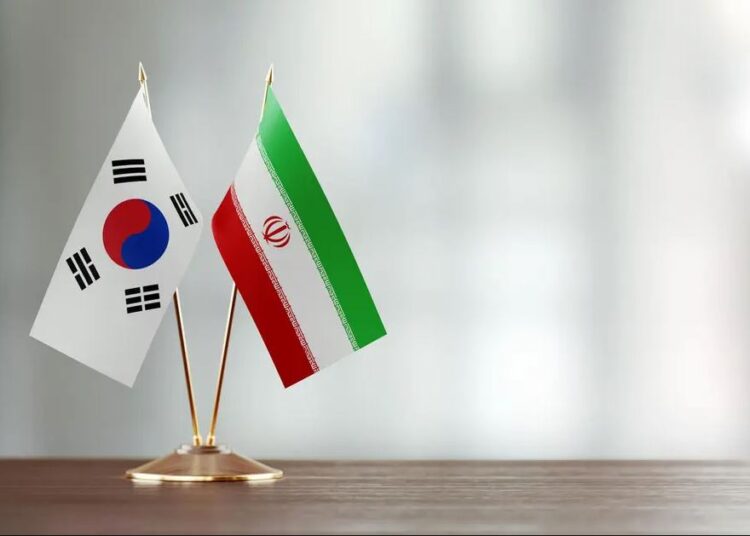Ebrahim Raisi, the President of Iran, inaugurated a formal action, conveying a bill designated “Referring the dispute between the Central Bank of the Islamic Republic of Iran and the Republic of Korea Government to arbitration” to Mohammad Baqer Qalibaf, the Speaker of the Iranian Parliament. This legislation was birthed from the recommendation of the President’s legal deputy, approved by cabinet members in a meeting held on July 5.
The trajectory of such dispute can be traced back to 2018, when the administration of former US President Donald Trump withdrew from the 2015 nuclear accord known as the Joint Comprehensive Plan of Action (JCPOA). Housekeeping the ramifications of this withdrawal was an reinstatement of economic sanctions upon Iran, incapacitating approximately $7 billion of Iranian revenue derived from oil sales, frozen within two renowned South Korean Banks.
Iranian officials have repetitively called upon Seoul, advocating for the release of Iran’s frozen funds and urging the Korean government to disregard the unilateral sanctions imposed by the United States. Successful resolution remains elusive, even after multiple rounds of discussions were conducted involving Iranian and South Korean economic and political representatives, with no definitive outcome achieved.
Simultaneously, Iran has also been engaged in a diplomatic ballet, particularly surrounding prisoner exchanges and the release of Iranian assets in South Korea, with their American counterparts. Brett McGurk, the White House coordinator of the Middle East and North Africa, and Ali Bagheri Kani, Iran’s chief negotiator have been engaged most recently in indirect talks through Oman.
With negotiations in Muscat and Doha facing an obstacle, leading to the growing vagueness of a potential resolution, Tehran has elected to proceed legally against South Korea. This decision, concurrently targeting a law-based liberation of Iran’s assets in South Korea, reverberates a signal to the United States. It indicates that should Washington fail to negotiate and resolve the ongoing dispute in Oman discussions, Iran will explore a different pathway toward resolution.






